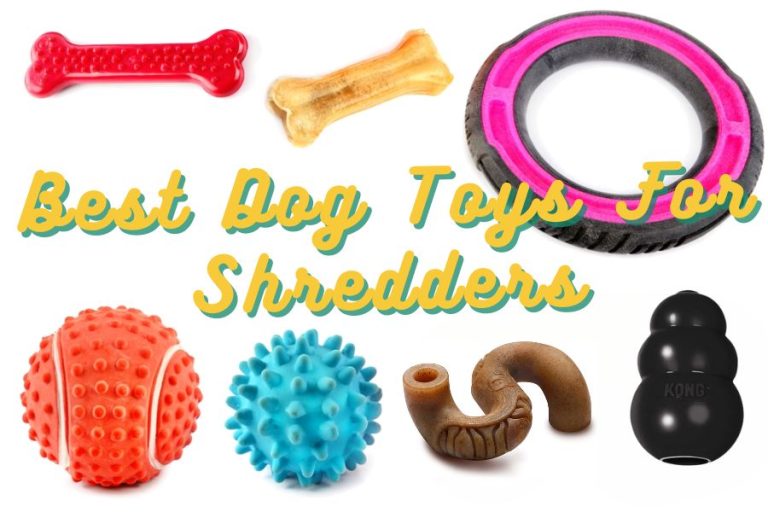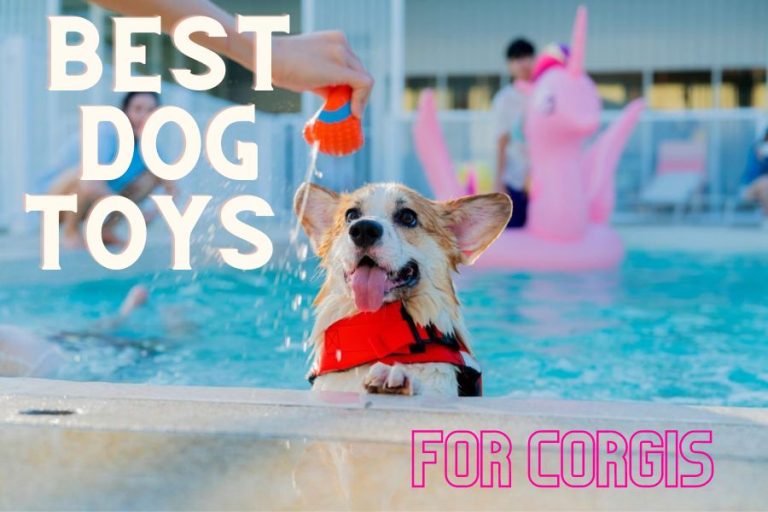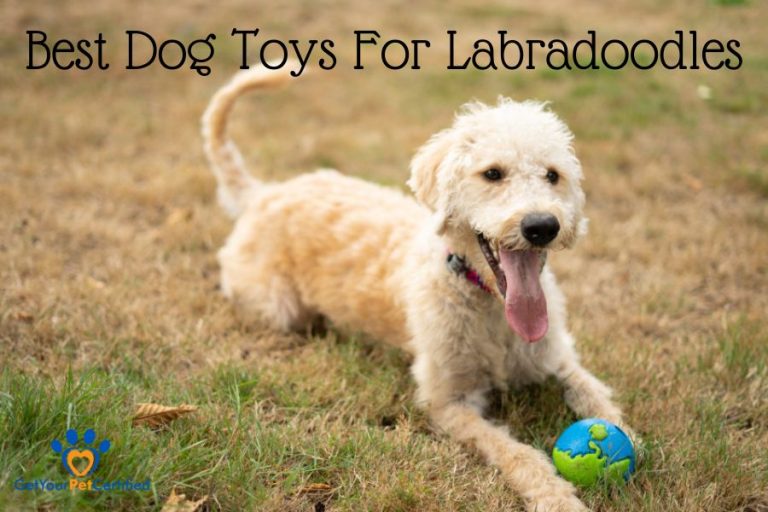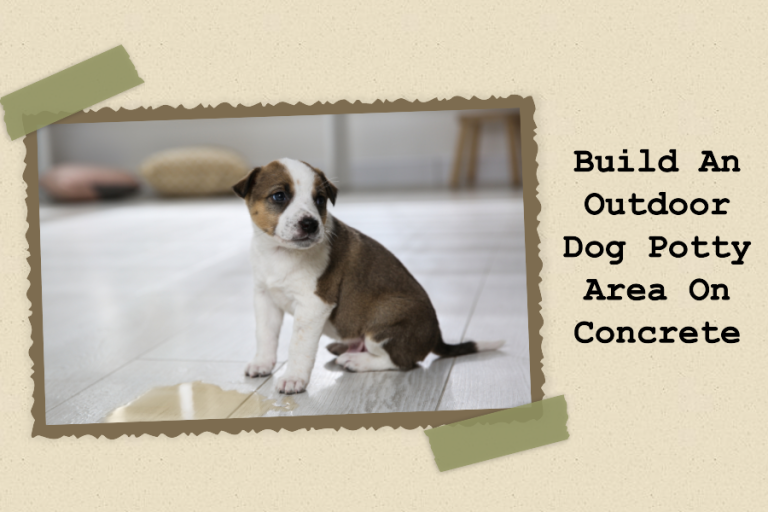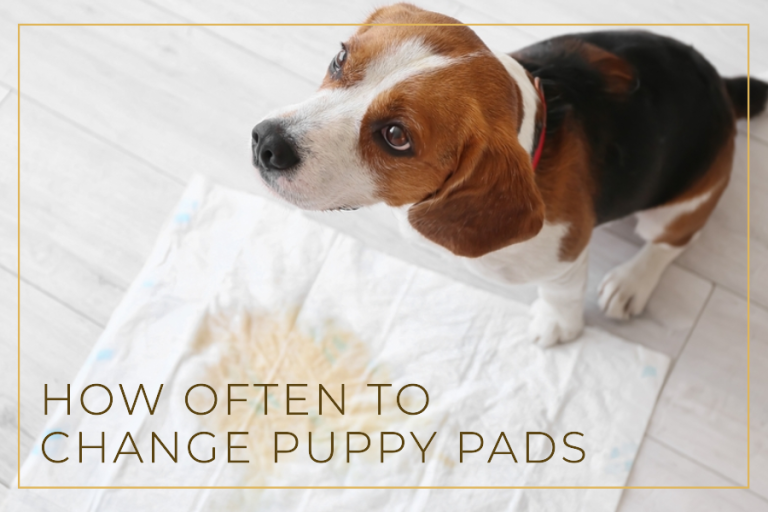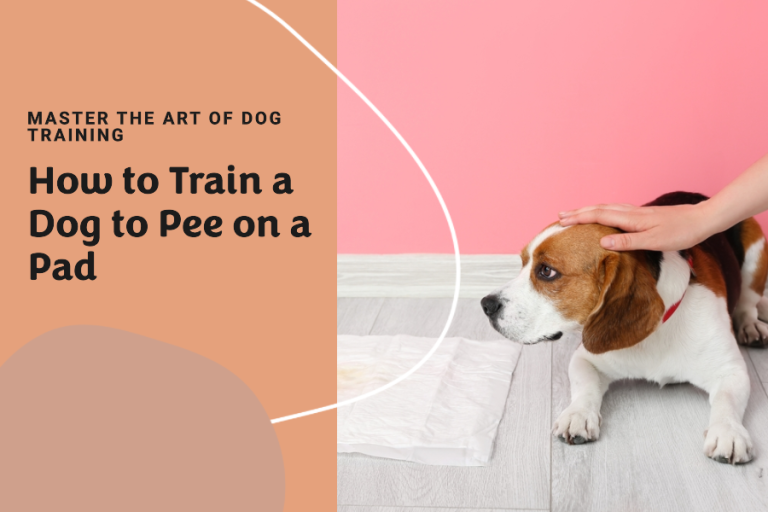Do Toy Poodles Get Bored? – Discovering The Signs
Toy Poodles are intelligent, high-energy dogs that need plenty of mental and physical stimulation to stay healthy and happy. While their playful nature is part of what makes them so lovable, it can also lead to boredom and restlessness if not properly trained.
In this article, we look further into the question: Do Toy Poodles get bored? Let’s explore the signs, causes, and consequences of boredom in these delightful dogs. Including providing practical insights and strategies to keep them mentally and physically fulfilled.
Understanding Pet Boredom
Firstly, we should clearly understand the term boredom in the context of pet emotions.
Boredom in dogs can be defined as a state of dissatisfaction or lack of mental or physical stimulation. It is different from restlessness or high energy; when a dog is bored, they may seem disinterested or even depressed. Also lead to negative consequences for their physical and mental well-being.
Prolonged boredom can have significant consequences for dogs. A bored dog may engage in destructive behaviors such as excessive chewing or digging. When deprived of stimulating activities, they may become anxious, frustrated, or even depressed. A lack of mental and social stimulation can lead to feelings of loneliness and isolation in dogs.
Therefore, it is important for dog owners to recognize the potential consequences of prolonged boredom and prevent it in its early stages.

Breed Toy Poodle Characteristics
Toy Poodles are commonly considered to be one of the most intellectual dog breeds. They are also a breed with their own individual personality traits and charm. Because of their unique characteristics, they are more likely to become bored than dogs of other breeds:
Superb Brainpower
Since they pick up new information quickly and solve problems with ease, it stands to reason that they thrive in mentally taxing settings. If a Toy Poodle doesn’t get enough mental exercise, they may get restless and search for other things to do.
Toy Poodles are pack animals who thrive with constant company. Isolation or a lack of social interaction can lead to boredom and negative behavior.
Sensitivity
When left alone for long periods of time, Toy Poodles can easily become bored and stressed out due to their sensitivity. To keep them engaged and satisfied, they require variety and mental challenge.
As a result of these factors, your Toy Poodle needs a great deal of attention, mental and physical exercise, and play to maintain its happiness and engagement.

Causes and Signs of Boredom
Possible causes of boredom in a Toy Poodle
- Inadequate Mental Stimulation: Toy Poodles need mental obstacles and stimulation to prevent unhappiness. They are prone to boredom if not provided with sufficient mental stimulation, such as via play with interactive toys, puzzle games, or training sessions.
- Loneliness: Toy Poodles are pack animals that need regular interaction with people. When you work full time, your loved one may feel bored and lonely if they are left alone for long periods of time.
- Not Enough Physical Activity: Toy Poodles need regular physical activity to burn off excess energy and prevent boredom. Not getting enough physical activity might make you antsy and bored.
- Tedious Routine: Repetitive and predictable habits can lead to frustration in Toy Poodles. When people don’t have enough interesting things to do or see, their minds become less stimulated and more prone to boredom.

Behaviors Typical of a Bored Toy Poodle
Results from the search reveal that the following are common symptoms of boredom in Toy Poodles:
- Lack of Interest in Toys or Activities: When a Toy Poodle stops showing interest in their typical playthings or pastimes, it’s a glaring sign that they’re bored. They might not show interest in playing with toys or become excited about their regular activities.
- Destructive Behavior: Boredom may result in destructive tendencies, such as gnawing on furniture, shoes, or other things in the house. Digging and scratching are also possible canine habits.
- Restlessness: Boredom might cause a Toy Poodle to act restlessly, pacing back and forth or refusing to calm down. It’s possible they’ll show indications of anxiety or an inability to unwind.
- Loss in appetite: Dogs who lack stimulation in their lives may lose their appetite or show less enthusiasm at mealtimes.
- Excessive Barking: Toy Poodles are known to resort to destructive behaviors like excessive barking when they are bored.
Preventive Measures
We have generated a structured routine offering proactive strategies to prevent boredom in pets:
Structured, Effective Routine for Happy dogs
| Activities | How to Do It | Frequency and Duration |
| Proactive Strategies | Engage in interactive play sessions, obedience training, and mental enrichment activities. | Multiple times a day; 10-15 minutes per session. |
| Providing Social Interaction | Spend quality time with your dog, engage in interactive play, and socialize with other dogs. | Daily interaction: Socialization sessions can vary from 15 minutes to an hour. |
| Offering a Variety of Toys | Provide a selection of toys with different interactive features. | Provide access to toys throughout the day; Rotate toys every few days or weekly. |
| New Experiences and Environments | Introduce your dog to new places, smells, and experiences. Arrange playdates with other friendly dogs. | Aim for at least one new experience or outing per week, lasting 30 minutes to an hour. |
Here are our suggested activities for specific needs:
Mental Stimulation
Provide your Toy Poodle with puzzle toys, treat-dispensing toys, or interactive games that require problem-solving and mental engagement.
Teach your Toy Poodle new commands, tricks, or obedience exercises.
Hiding treats or toys around the house or in the yard for your dog to find.
Physical Exercise
Take your Toy Poodle for regular walks to provide them with both physical exercise and mental stimulation.
Engage in active play sessions with your Toy Poodle using toys like balls, ropes, or frisbees.
Consider enrolling your Toy Poodle in dog sports such as agility training, flyball, or obedience competitions.
Bonding and Interaction
Engage in interactive play sessions with toys like flirt poles or interactive tug toys.
Spend dedicated time training your Toy Poodle on various commands, tricks, or agility exercises to strengthen your bond.

Real-Life Examples
Toy Poodle owners who used our guide to deal with their pets’ boredom and saw positive changes in their pets’ behavior and general happiness:
Sarah and her Toy Poodle, Charlie
Sarah noticed Charlie’s increasing boredom and restlessness, shown through destructive chewing and excessive barking when left alone.
She starts by introducing interactive toys and puzzle games to address Charlie’s boredom. Moreover, Charlie also participated in obedience training classes for mental stimulation.
Over time, Charlie’s behavior improved significantly, becoming more focused, engaged, and content.

Mark and his Toy Poodle, Bella
Mark observed signs of boredom in Bella, including destructive chewing and restlessness.
He realized Bella needed more physical exercise to combat her boredom. Mark started taking Bella on daily walks and incorporating playtime with interactive toys. Also introduced to agility training for increased physical activity and mental well-being.
As a result, Mark was delighted to witness Bella’s enthusiasm and zest for life return.


